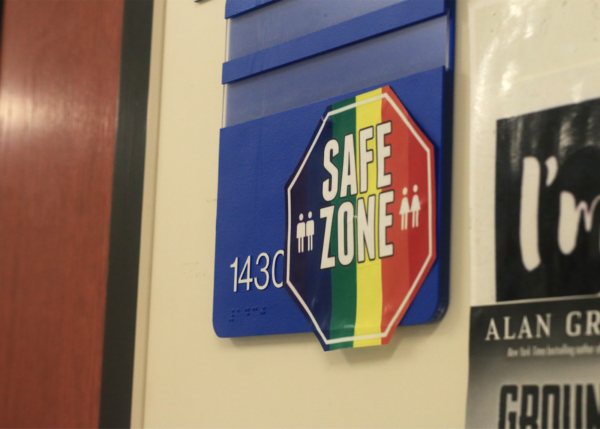“Anatomy of a Scandal” favors aesthetic over plot
As an avid fan of “House of Cards,” I was overjoyed to see a new political show on Netflix. The new Netflix limited series, “Anatomy of Scandal,” released April 15 had a promising storyline. Though the show, cowritten by Melissa James Gibson who also produced “House of Cards,” was focused on British politics with a rape allegation at its root, I was still excited. Nevertheless, all my expectations quickly dissipated after the first episode.
The show follows Parliamentary Minister James Whitehouse (Rupert Friend) who is exposed having an affair with his aide Olivia Lytton (Naomi Scott). At first, the public and his colleagues dismiss it as simple office fling. However, Olivia later accuses James of rape. The show places James’s wife, Sofie Whitehouse (Sienna Miller), and Olivia’s lawyer, Michelle Dockery (Kate Woodcroft), in the center as they tackle the case.
This show had a good premise, but the writing and technicality didn’t add up. First of all, the show was filmed with entirely different angles. In most scenes, the camera is either tilted or twisted in some way, and that just made my head hurt. Moreover, the story unravels half in the present day and half in flashbacks, primarily back to James’s and Sofie’s Oxford days. The flashbacks were random, distracting and surprisingly unaltered, which made the show even more unrealistic.
To make it worse, the show took subtle symbolism to the extreme — there was one scene of a man falling from a great height into another building and another of a woman screaming as if she were possessed. The series tries to explore the serious relationship between consent and power but instead comes off as a confusing thriller. Because it’s only six episodes, the pacing is rushed and loose threads are left behind.
Despite its shortcomings, I felt like this show was a subtle nod to Supreme Court Justice Brett Kavanaugh, who also faced allegations of sexual misoconduct back when he was in college. The show did a good job highlighting privilege and the sneaky ways it can hide the truth. The series also explored the nuances of consent and the notion of how “yes” can turn into “no,” even in a consensual relationship.
The show isn’t terrible; it’s just lacking certain themes that could have made it a phenomenal one. I would still recommend it, because it does have a gripping plot, and it’s a relatively short binge. However, it is nowhere near the masterpiece of “House of Cards.”

Senior Christy Thomas is a reporter and this is her first year on staff. She enjoys reading, working out and annoying her younger brother.









